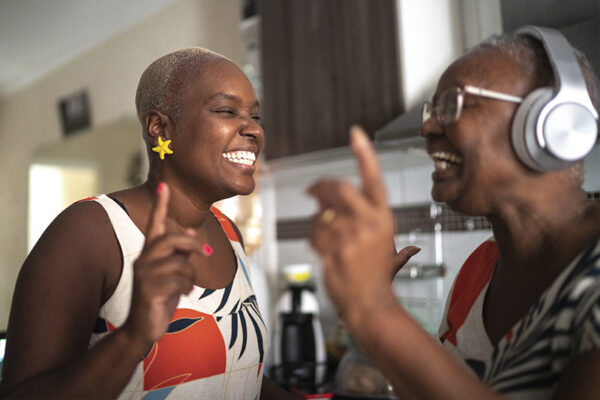Fun Activities for Seniors with Dementia and Low Vision
Finding activities which can be engaging and fun for a family member with dementia tends to be a challenge. Add in vision impairment, and it might seem extremely daunting. Yet it is very important to ensure every day holds opportunities for joy, purpose, and meaning – minimizing the level of frustration, agitation, and other difficult emotions…


